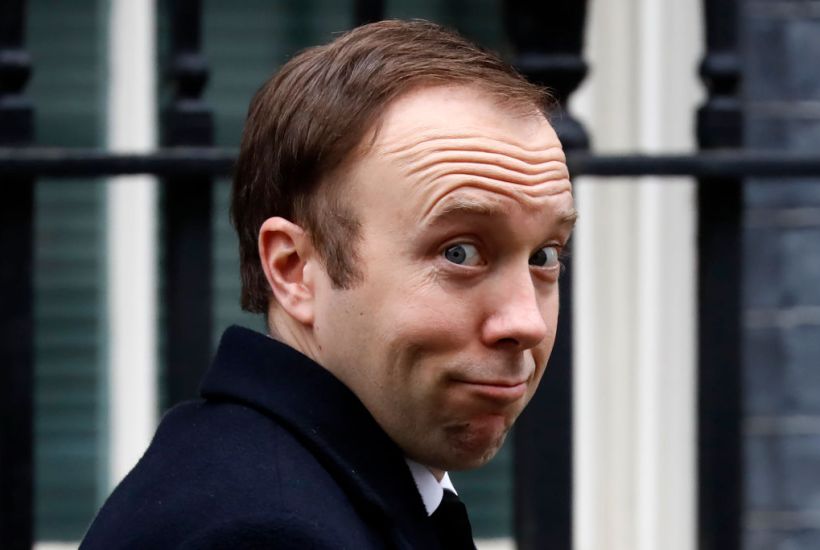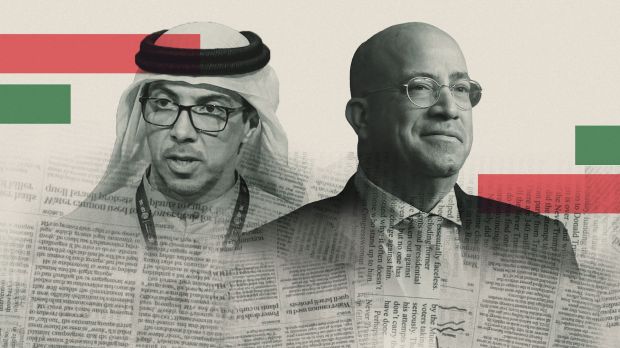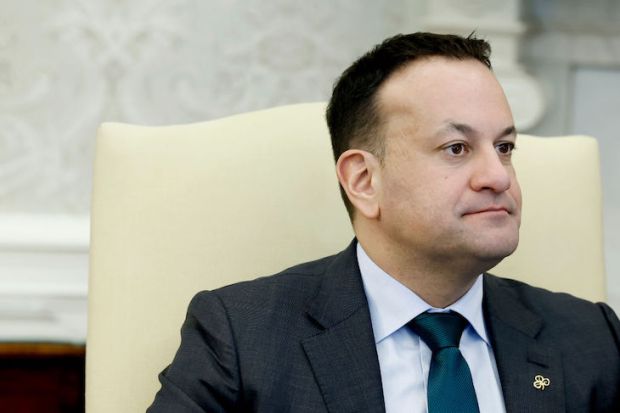Coronavirus commentary often takes a familiar form, which can easily be parodied thus: ‘Why the Coronavirus crisis justifies the thing I was arguing for before the crisis.’
I mention this because this article could, I suppose, be written off in that way. It is a column of praise for technocratic, wonkish politician-managers written by someone who runs a centrist think-tank. I would say this, wouldn’t I?
Well, perhaps, but I will say it anyway: the coronavirus crisis is reminding us that we should, once again, value politicians whose primary skill is understanding, gripping and managing complicated stuff and whose inclination is to put that management ahead of appealing to the emotions of voters.
By way of evidence, I offer you Matt Hancock and Rishi Sunak. If you, like many others, keep a regular eye on Downing Street’s daily media briefing, you’ll have seen that the Chancellor and, most recently yesterday the health secretary, have emerged as the ministers best able to demonstrate command of their brief and a sense of grip on the crisis.
Since we all now live our social lives via social media, I have observed via the magic of WhatsApp non-political friends’ responses to Sunak and Hancock in almost real-time. To at least some people outside the Westminster bubble, both have cut through and delivered at least a bit of reassurance that the people in charge have some idea of what they’re doing.
After a rocky few days, my guess is that Hancock’s impressive performance at yesterday’s briefing will help steady the ship that is the government’s communications effort. This is no small matter, given that the implementation of policy (lockdown) ultimately depends on public confidence in the people behind that policy.
Sunak’s nerveless assurance probably had similar calming effects on what remains a fragile, faltering economy when he announced his financial support packages last month.
To be clear, neither man has fixed anything yet. The testing problems Hancock addressed remain unresolved. The economic outlook Sunak addressed remains dire. But at least they looked like they understood the situation, had a plan to respond and were capable of overseeing its implementation.
This is worth noting because Hancock and Sunak are the sort of politicians we are supposed to have grown weary of.
Their CVs are almost generic. Private school then PPE (no, the other sort) at Oxford, followed by brief spells in finance (Sunak: Goldman Sachs and hedgefunds. Hancock: the Bank of England). Then quickly into political apparatchik jobs (Hancock: George Osborne’s adviser. Sunak: a Tory think-tank) and a safe Tory seat in your 30s. Then a rapid leap to Cabinet. (Hancock, 41, became an MP at 31 and a Cabinet minister at 39. Sunak, 39, entered the Commons at 35 and took full Cabinet rank in February.)
By inclination, neither Sunak nor Hancock is a tub-thumping partisan; it’s quite easy to imagine that had they been born a decade earlier, they might have sat alongside the likes of Andy Burnham and James Purnell (both 50) in a later Blair Cabinet. Both give the impression that politics is more an exercise of skill and judgement than the work of deep conviction.
Overall, it’s hard to resist the conclusion that they are cut from the same cloth as David Cameron, who was once asked why he wanted to be PM and replied: ‘Because I’d be good at it.’
Sunak and Hancock are, in short, the sort of bloodless technocratic ‘professional politicians’ the nation is supposed to have rejected when it sent Cameron packing.
But here’s the thing. Cameron is out because he wasn’t, ultimately, good at it. But that doesn’t mean that there is no use or value in clever, young professional politicos with big brains and bottomless confidence. It just means David Cameron wasn’t as clever as he thought he was.
It does not logically follow that because Cameron failed as PM that politicians from the same mould cannot succeed elsewhere.
Indeed, the coronavirus crisis is precisely the sort of situation when the people you want in charge are smart, confident types able to absorb great stacks of detailed information without losing sight of strategic goals. This is a time for followers of the ‘what works’ school of politics who can make the machine work, not culture-warriors whose response to complicated, serious problems is to blame the officials working to solve those problems.
This is why Rishi Sunak and Matt Hancock are the men to watch in Cabinet right now.
Will this help them politically? Are they the future of their party, the next Blair and Brown or Cameron and Osborne?
I have no idea. Although people are indeed talking about that prospect, it seems far too early to be making bets on journeys across a political landscape that is still shifting. The fan-chart of possible political outcomes from here covers a spread of eventualities ranging from a decade in No 10 for Boris Johnson to prime minister Keir Starmer by Christmas.
And what is far more important than the long-term career prospects of smart young men at Westminster is the immediate life and death of British citizens and of the UK economy. And on the current showing, I reckon the outlook for both is improved by having Matt Hancock and Rishi Sunak at the top table. Technocrats have their uses.
<//>
Got something to add? Join the discussion and comment below.
Get 10 issues for just $10
Subscribe to The Spectator Australia today for the next 10 magazine issues, plus full online access, for just $10.




















Comments
Don't miss out
Join the conversation with other Spectator Australia readers. Subscribe to leave a comment.
SUBSCRIBEAlready a subscriber? Log in